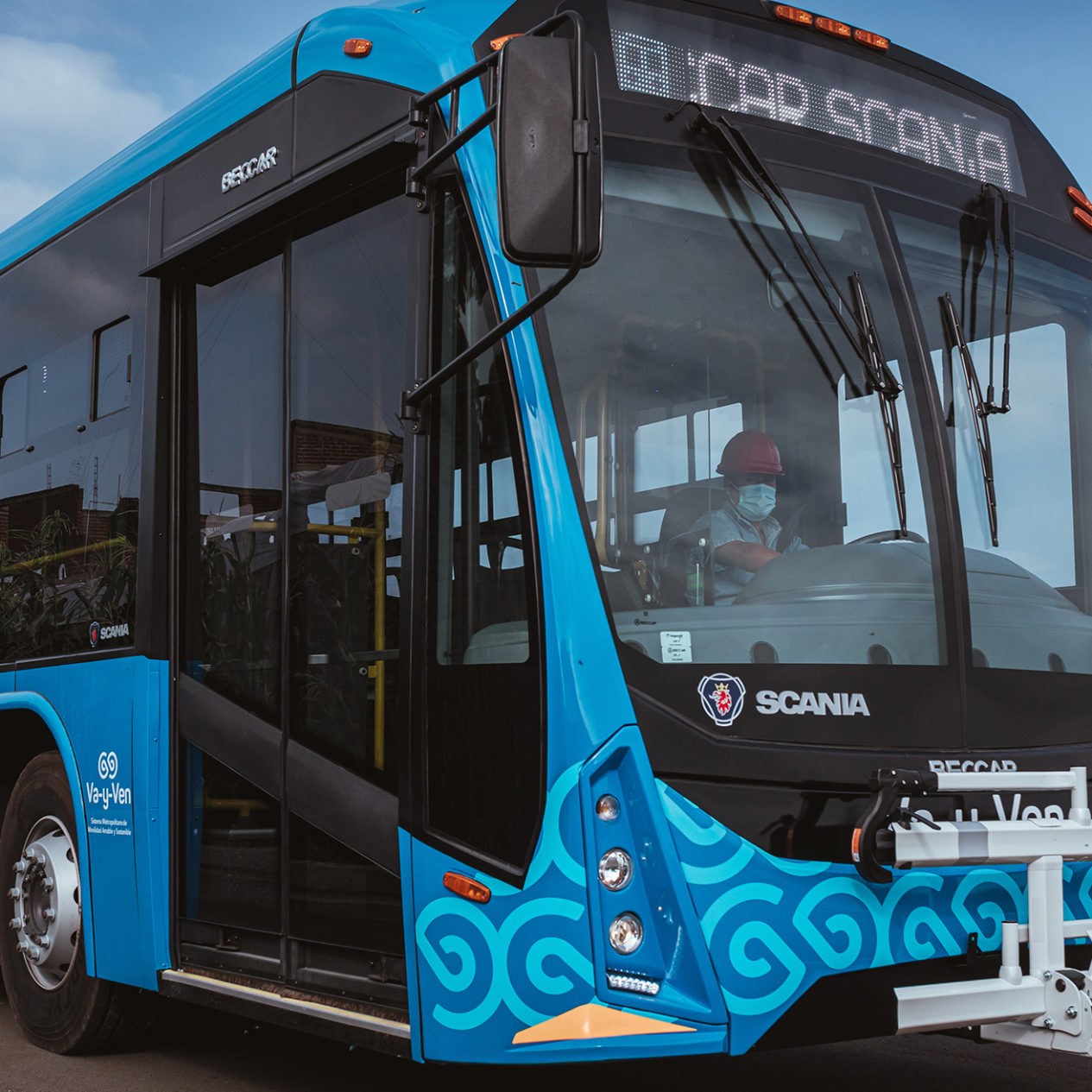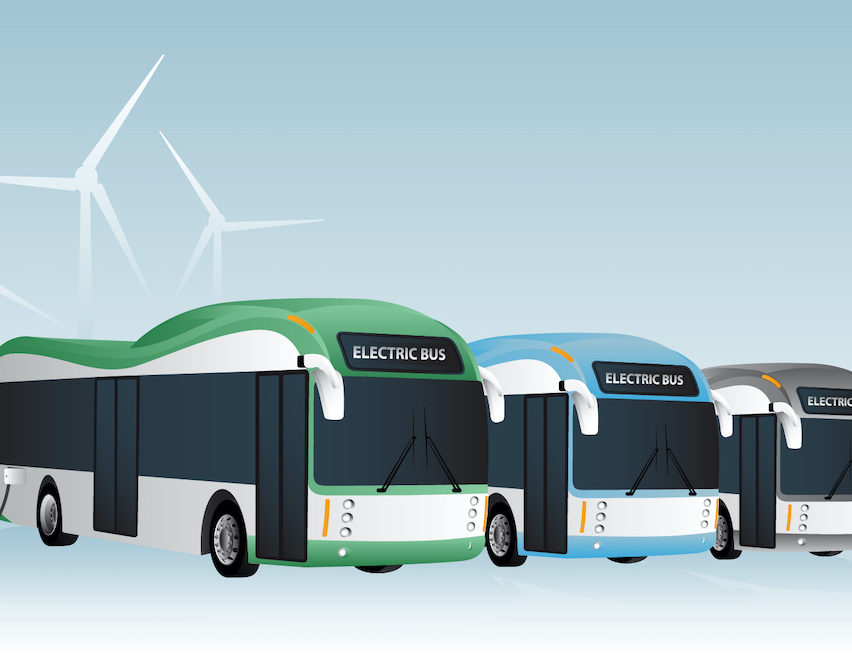In 2014, the UN designated October 31 as “World Cities Day,” with the goal of creating awareness about sustainable urbanization throughout the government, private sector, and citizens overall. MOBILITY ADO reinforces its commitment to improve citizens’ quality of life through electromobility, especially in metropolises. They do so via sustainable solutions, in compliance with the United Nations’ Sustainable Development Goals (SDG).
According to UN data, global population is expected to reach 9.7 billion by 2050. Most of those inhabitants will be in the 65-year old demographic and will be inhabiting large cities.
Juan Carlos Abascal, LATAM Mobility Solutions Director at MOBILITY ADO said, “Overpopulation and urbanization have become two factors that make us rethink the future we want for our cities. Mobility is a thread in the social fabric. It impacts our daily quality of life; therefore it’s necessary to start planning how we will get around in highly populated areas with less environmental footprint.”
MOBILITY ADO has a vision for large cities: Zero-Emission mobility with a positive impact on quality of life, prioritizing the human factor, and aligned to compliance with organizational standards.
Betting on Zero-Emission mobility.
Inside the company’s Enviromental pillar, Zero-Emission mobility is crucial for the the sustainability of cities of the future.
According to Abascal Álvarez, “In the current industry context, we require both individual and collective actions aimed at sustainable solutions that reduce CO2 emissions. We’re focused on investments in R&D, innovation, and development.”
Increasing positive impact, internally and externally.
MOBILITY ADO considers several factors in people’s lives. In the wake of transforming spaces, it’s necessary to evaluate the impact of all the opportunities and challenges inside their groups of interests. According to Andrés Pérez-Peña Campos, FUNDACIÓN ADO’s General Manager, “Our Corporate Social Responsibility (CSR) programs externalize our inner side to generate positive changes; they focus on diagnosing, analyzing, and evaluating strategies focused on expectations for the future.”
Prioritizing humanity, in line with transparency and compliance.
“It’s essential to consider all the policies, principles, regulating processes, and control mechanisms in any company’s strategic process to ensure success in planning and execution,” stated Diego Landa, the company’s Corporate Director of HR.
Landa highlighted the company’s relevance as a long term employer, since that area will affect the citizens of cities of the future as well. “It’s really important to have healthy growth as a company while considering human talent as a shared responsibility.”





